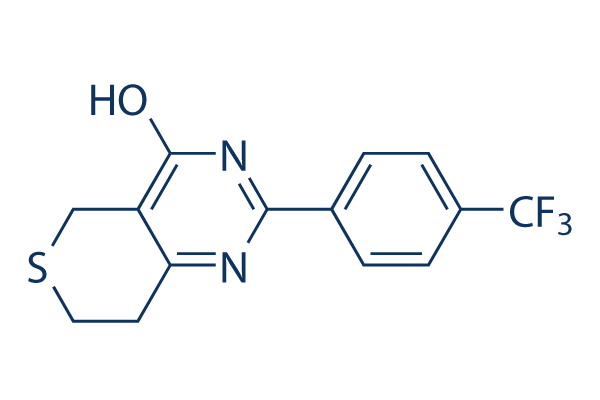A further topoisomerase II inhibitor, etoposide, showed selective efficacy against BRCA defective cell in all but 1 research. Analysis of microtubule poisons generated even more complicated picture. It has been repeatedly demon strated that BRCA1 deficient cells are drastically significantly less delicate to taxanes or vinca alkaloids than cells with preserved BRCA1 function. While these observations are in fantastic agreement with the established role of BRCA1 in cellular response to micro tubule damage, one particular can not disregard the existence of sound contradictory information. Zhou et al. reported elevated sensitivity of BRCA1 mutated ovarian cancer cell line to paclitaxel as in contrast to isogenic cells with reconstituted BRCA1 function. Tassone et al.
showed higher sensitivity of BRCA1 deficient breast can cer cells to vinorelbine and argued the differences selleck inhibitor within the mechanism of action in between many microtu bule interfering drugs need to be regarded whilst inter preting the results of BRCA1 research. DeLigio and Zorio commented that the tissue origin on the BRCA1 mutated cells may be vital in identifying the response to taxanes and vinca alkaloids. BRCA2 preclini cal research advised little impact in the status this gene in figuring out the response to microtubule interfering agents. Alkylating agents are nearly often integrated inside the common schemes for that treatment of breast and ovar ian cancers. Surprisingly, this class of medication hasn’t been subjected to systematic studies in BRCA deficient model programs. Single agent cyclophosphamide showed only slight antitumor action towards BRCA1 mutated human breast cancer xenografts growing in nude mice.
In the very same time, substantial custom peptide synthesis throughput pharmaceutical display involving BRCA2 deficent vs. BRCA2 proficient mouse mammary tumor cell lines identified alkylating agents as the most potent and specific inhibitors of cell growth, moreover, substantial efficacy of these drugs was confirmed in animal experiments. Topoisomerase I inhibitors are seldom used for the therapy of breast cancer, but included in some thera peutic schemes for ovarian cancer. High sensitivity to these drugs was recommended for both BRCA1 and BRCA2 defective cells, despite the fact that controversial benefits happen to be reported as well. There’s a great agreement in the literature that sin gle agent antimetabolites, 5 fluorouracil and gemcita bine, tend not to exert particular action against BRCA deficient tumors. In contrast, six thioguanine was identi fied by a chemical library display because the most potent antagonist of BRCA2 mutated cells. There’s a rising quantity of scientific studies demonstrating pronounced  efficacy of certain inhibitors of poly polymerase towards BRCA deficient can cers.
efficacy of certain inhibitors of poly polymerase towards BRCA deficient can cers.
Inhibitor Kits
An organism requires continuous input of energy to maintain a low state of entropy.
